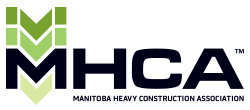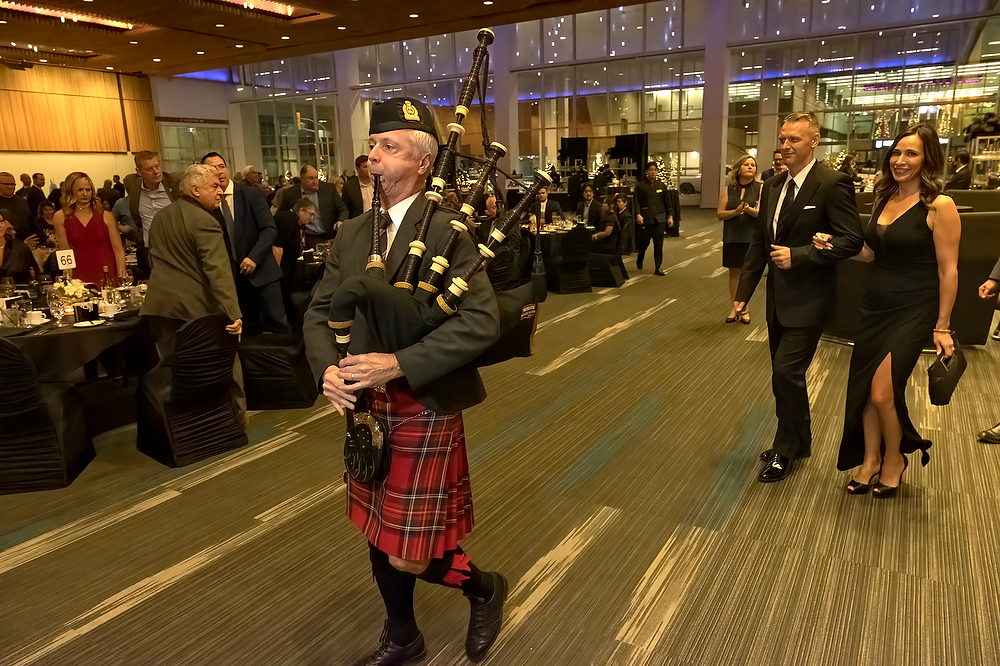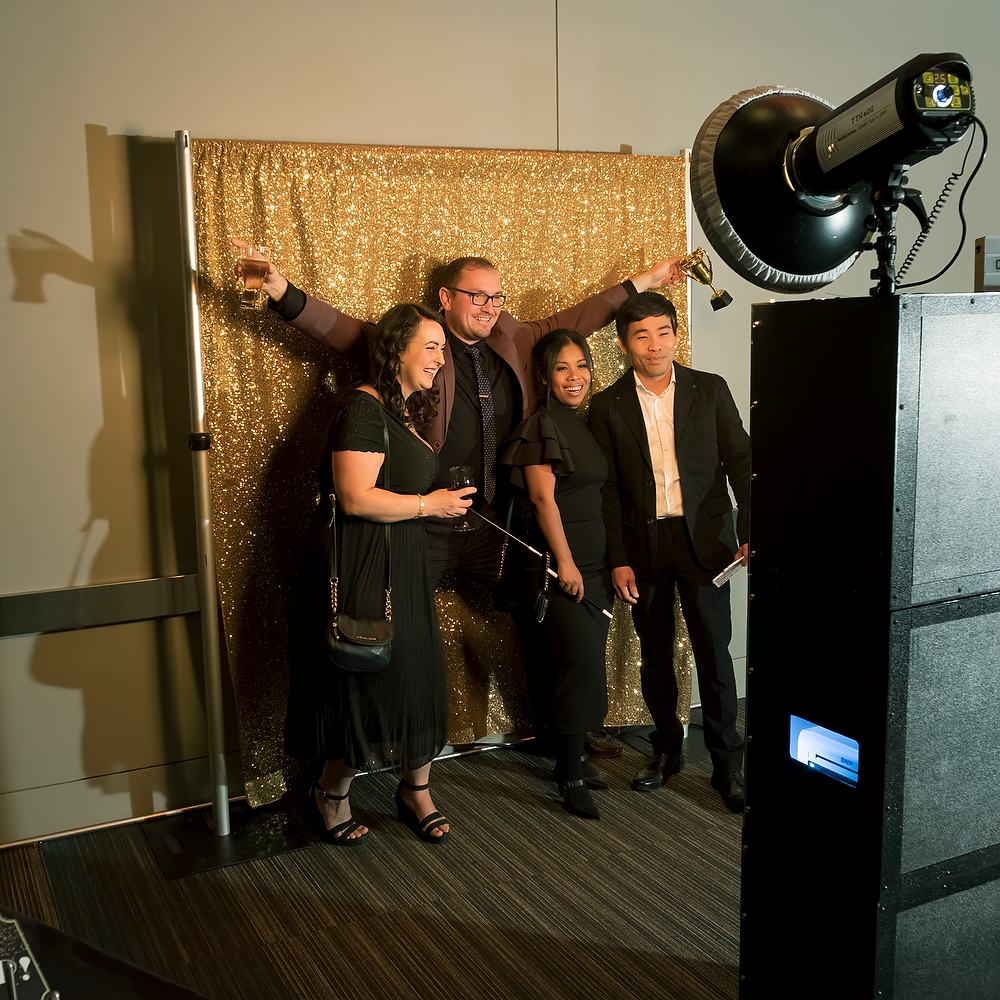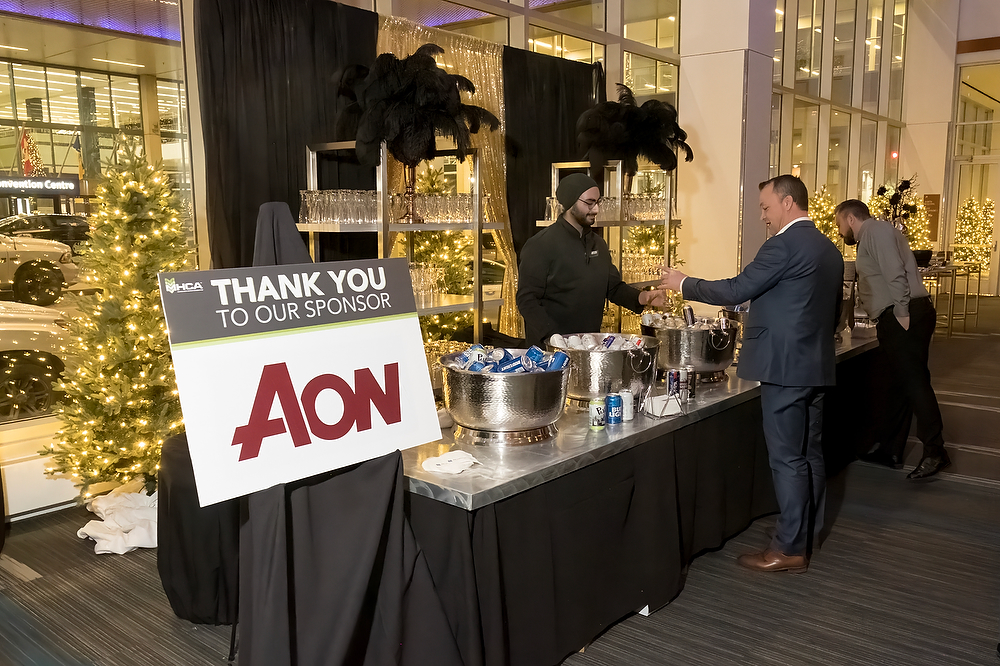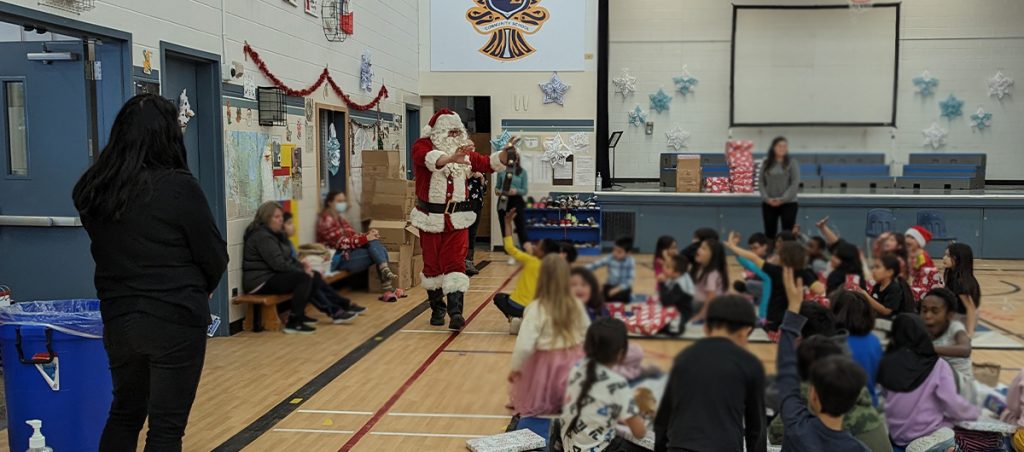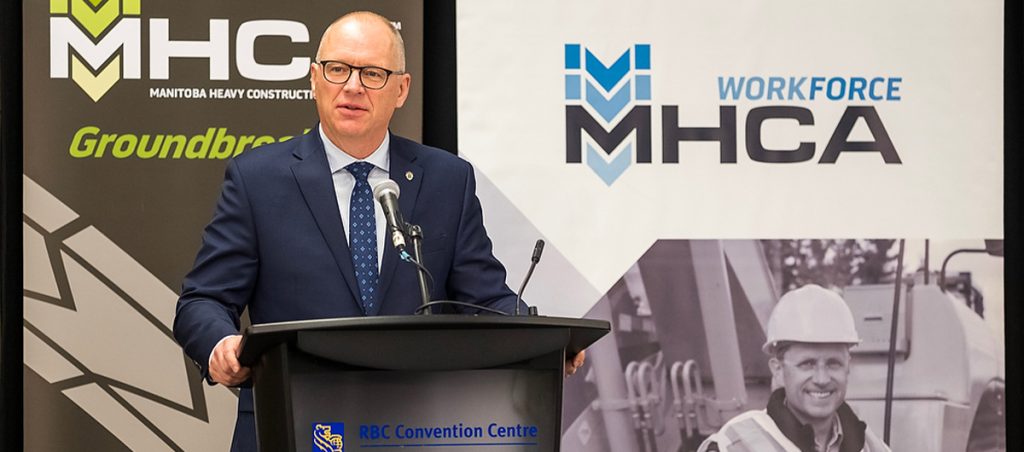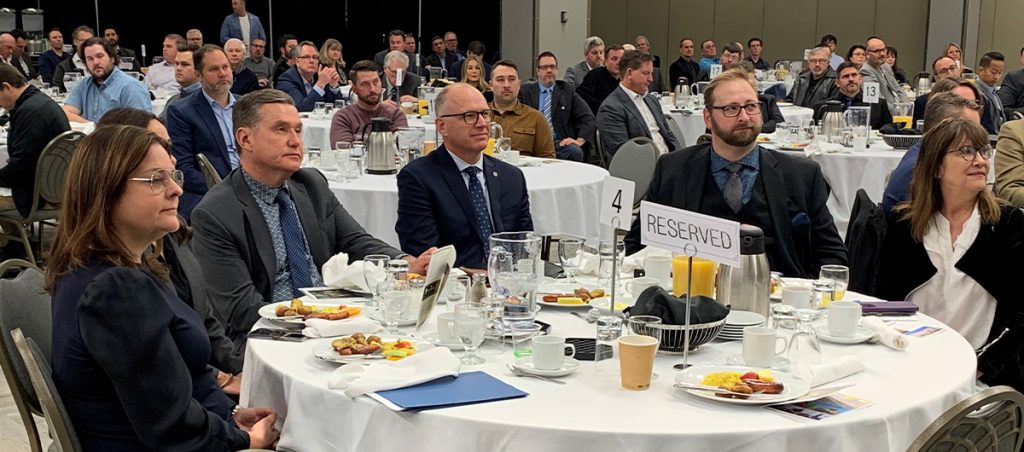Winnipeg Council approves 2022 budget
Winnipeg City Council on December 15 approved, by a vote of 10-6, the 2022 Operating and Capital Budget which holds $164.7 million for local and regional road renewal, and confirms projected budgets for sewer and water main renewals.
The budget also proposes extending services to Airport Area West, a critical piece for the eventual build out of CentrePort Canada’s southern reach in Winnipeg. Other elements of the budget will see strategic planning proceed for assessing current capacity of sewer and water lines, and what is required in order to ensure economic growth through the location of new businesses in certain parts of the city.
“We supported the budget, with qualifications,” said MHCA President Chris Lorenc. Lorenc presented a verbal submission to Council Wednesday, and also sent all Councillors an electronic copy of the MHCA’s full submission.
“We are concerned that the 2022 budget diverts the revenues that are to be dedicated, from the 2% tax hike on property owners, expressly to local and regional road renewal reserves,” Lorenc said. “However, with the public undertakings of Mayor Bowman and Finance Chair Scott Gillingham, along with the budget’s own documented return of the revenues to the reserve, we accept this as an extraordinary, one-time diversion.”
The diversion was done to assist with the operating budget’s drop in revenues, triggered by the COVID-19 pandemic impact, largely on bus ridership and parking. To keep the local and regional road budgets whole, $12.6 million from the federal gas tax revenues will be put into the reserves.
The move was necessary because the gas tax funds can only be used for capital expenditures.
The MHCA has called upon Council to set its mind toward writing a detailed infrastructure plan, which sets out what new assets are needed and where in the city, to allow for planned growth, generating revenues necessary to fund all core city services and cultural and recreation amenities.
Further, Lorenc said, the City needs to draw up a local and regional street renewal plan, much in the way it has a transit plan or a poverty reduction plan, setting out the condition and needs of the transportation system and how to satisfy the needs with a sustainable funding model. The same is required for Winnipeg’s bridges.
Council must do this as it focuses now on planning for the 2023 budget, he said, stressing that the local and regional roads program in 2023 sees a dramatic drop in funding, because that is the last year of the tri-partite agreement to accelerate regional road renewal.
Further, 2022 will see a new council and mayor elected (Mayor Bowman has said he is not running again) and also a provincial election is expected to happen in 2023.
This makes 2022 a good year to rally Winnipeggers to support a new fiscal funding arrangement with the province and, thereby, the federal government, one that better reflects the fact municipalities – the majority owners of infrastructure – have much less revenue-raising capacity than the higher levels of government.
“The political planning and priorities stars are aligned. They offer you the opportunity of standing up for the interests of good sound governance; to pressure and press provincial political leaders to commit to a realignment of provincial/municipal and by extension federal relations, roles, responsibilities and revenue sharing, to meet the ever evolving and growing challenges, and demands for service,” he explained.
“This is not the time to be shy or timid, nor to walk away from such an opportunity. This is the time to lead, to speak to, and develop broad public and stakeholder support for new directions that enable a successful city, a growing city, a city in which we and others will want to live, work, raise a family, and play.”
